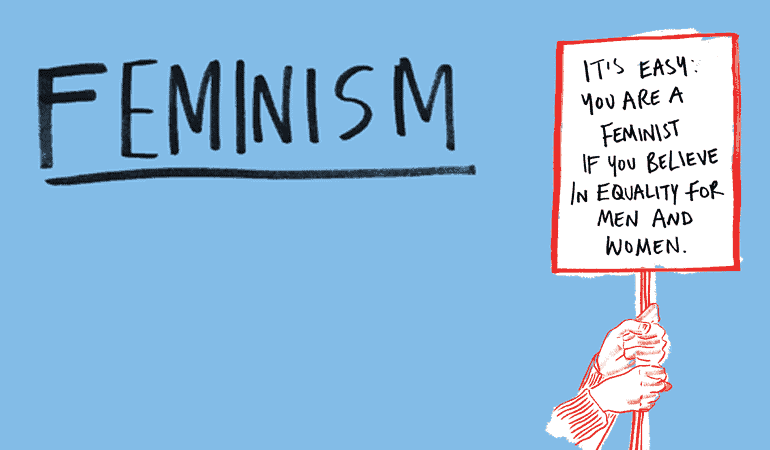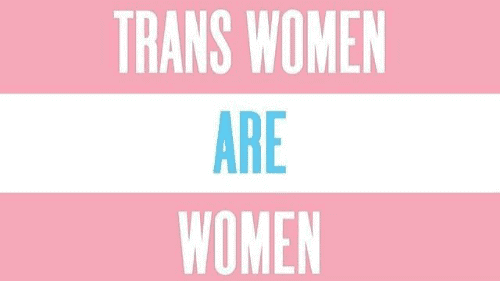St Stephen’s College chapel door along with the cross outside it was found defaced with a Hindutva slogan on Friday. While the perpetrator of this inflammatory act remains unknown, the incident has caused a momentous uproar.
Reportedly, some students had noticed the graffiti with the words ‘mandir yahin banega’ (a temple will be constructed here) written on it with black ink on Friday. Moreover, the cross outside the chapel, on the grave of college founder Samuel Scott Allnut, was also said to have been defaced — with an ‘Om’ symbol drawn on it, along with the words ‘I’m going to hell’. However, by Saturday afternoon, everything was cleaned up by the college staff.
College officials deny the incident
When the officiating principal of the college was sought for an enquiry regarding this act, he denied the claims of such vandalisation. “I did not see anything written on the chapel door; there was no such incident,” Bursar Renish Abraham reported to The Indian Express. The pictures below prove otherwise.
— SaahilMurli Menghani (@saahilmenghani) May 5, 2018
College unions issue statements
Delhi University Students’ Union (DUSU) President Rocky Tusseed expressed his anger over the disheartening act. “There is an attempt to divide students of the country along religious lines. The same script of Aligarh Muslim University (where an 80-year-old portrait of Pakistan founder Muhammad Ali Jinnah created a controversy) is playing out here as well,” Tusseed said to News18. No police report has been filed against the act and Tuseed affirmed that DUSU would raise the issue with the concerned authorities.
The National Students’ Union of India (NSUI) issued the following statement. With a demand to maintain peace and calm, NSUI officials said: “They have tried to polarise the student community on the basis of religion and fake nationalism several times but have failed on every attempt,”.
NSUI COMMUNIQUE
Right Wing Elements begin DUSU Campaign by Defacing St Stephen’s College pic.twitter.com/2xgHiI09yY
— NSUI Sandesh (@NSUI_Sandesh) May 5, 2018
Akhil Bharatiya Vidyarthi Parishad (ABVP) state secretary Bharat Khatana told The Indian Express, “The college should investigate who was involved in this condemnable incident. There must be CCTV cameras installed, which will help identify the culprits.”
The case of vandalism continues
Today morning, another act of defacement was observed on the Hindu College bus stop. The vandal had written in opposition to the comments written on St Stephen’s College Chapel. It read, “Mandir nahi banega, college yehi rahega.”

Feature Image Credits: DU Beat
Image Credits: India Today
Raabiya
[email protected]








